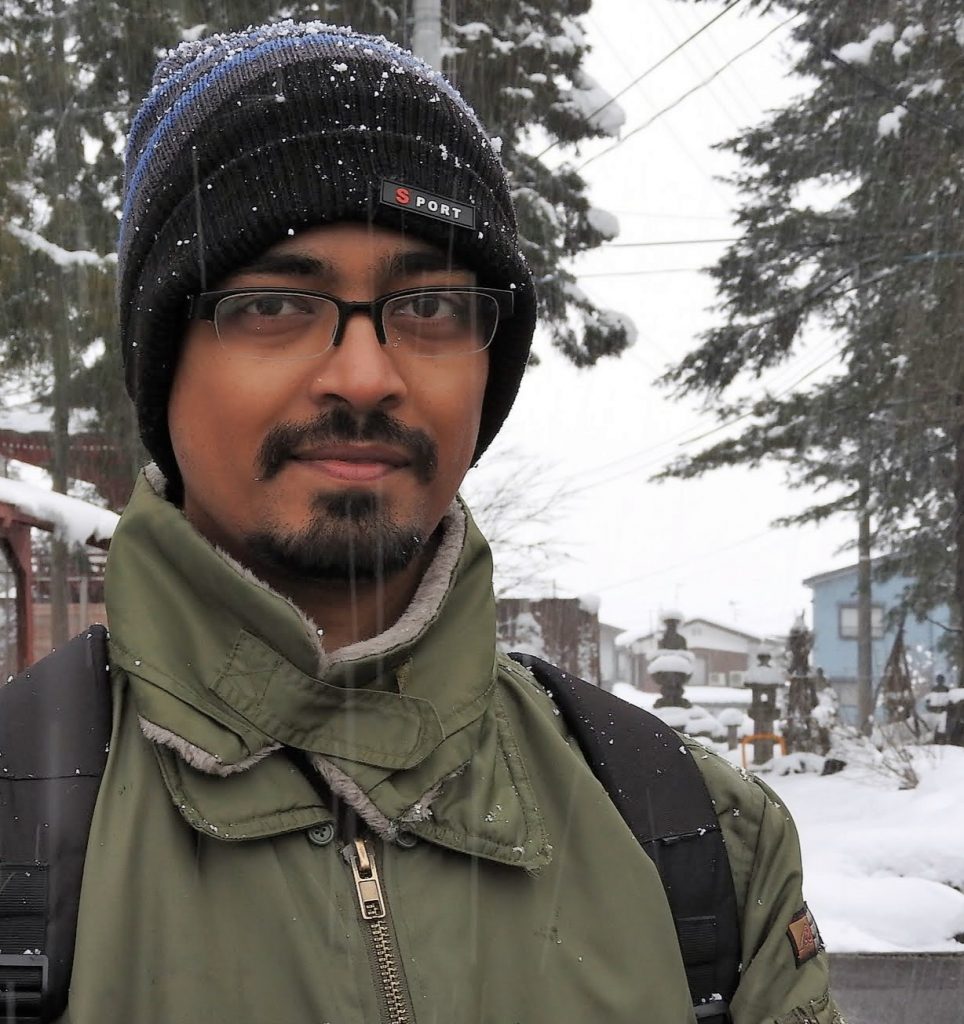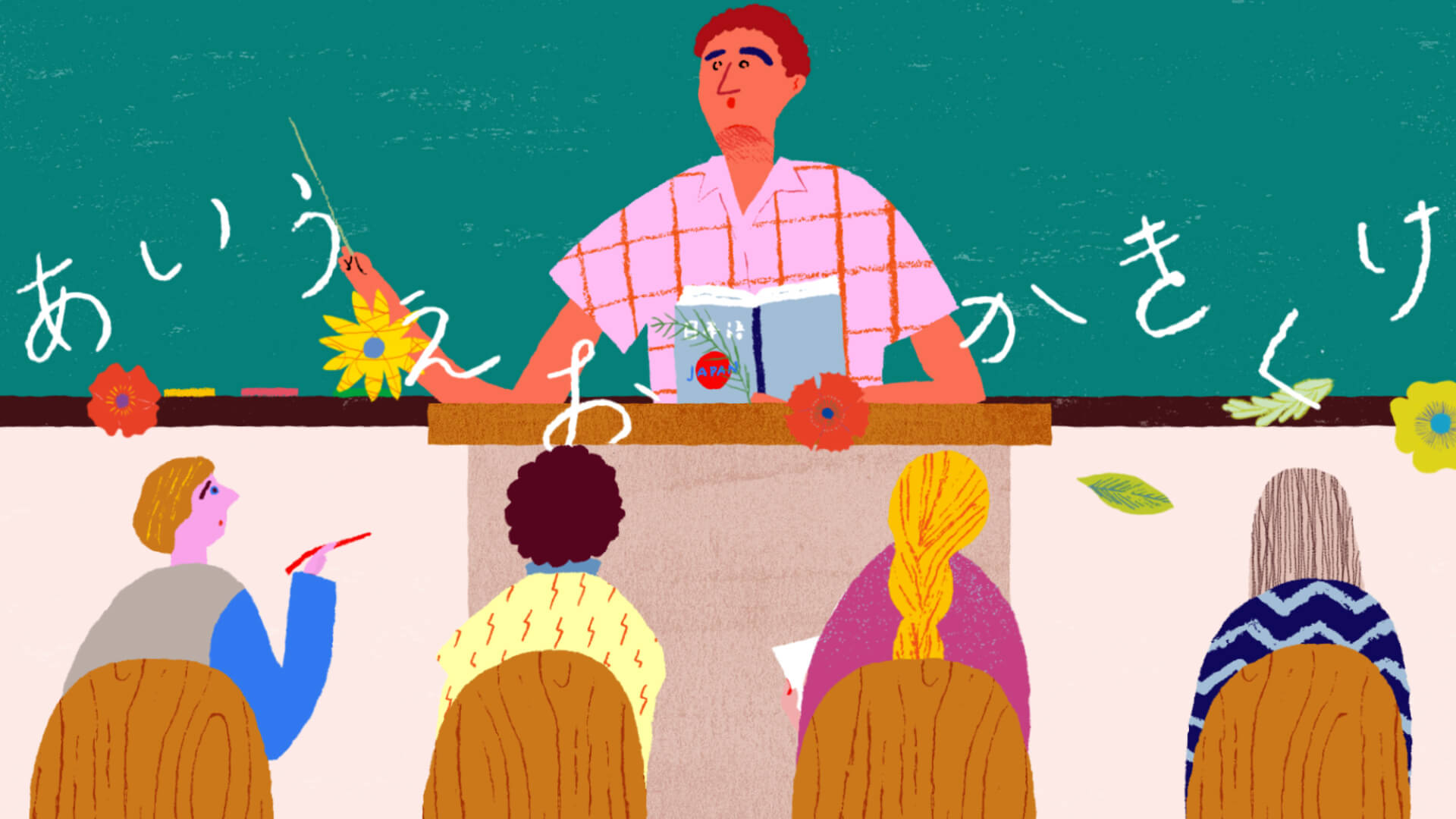 Dr. Tariq Sheikh
Dr. Tariq SheikhJF Fellowship is indispensable for Indian scholars conducting doctoral research on Japanese studies in India as there are very few other fellowships, if any, for research in Japan.
Associate Professor at Tokyo University of Foreign Studies, Japan.
Dr. Tariq recieved Japan Foundation scholarship from July 2015 to January 2016. When asked what he thinks is the importance of this scholarship, he says that “this scholarship is indispensable for Indian scholars conducting doctoral research on Japanese studies in India as there are very few other fellowships in India, if any that they can use to conduct field work or collect material in Japan“.
He further adds that the topic of his doctoral research was “The Periphery Writes Back: Centre-Periphery in Tokugawa Japan and the Oeuvre of Suzuki Bokushi”. He looked at the works of Suzuki Bokushi, a rural intellectual of the late Edo period who lived in an area with extreme snowfall, to understand how literary and intellectual activities were undertaken in peripheral places with harsh climate, far away from urban centres.
On being asked how the scholarship impacted his research at that time, he says that with the help of the scholarship, he could base himself at Waseda University, Tokyo, and keep travelling to Minami-Uonuma town in Niigata prefecture to collect material for his research and to understand the climate and geography of the region. He could also use the libraries of the Waseda University and the National Diet Library for his research. Moreover, he could also interact and network with Japanese scholars working on related fields.
Discussing about benefits and opportunities that come with the scholarship, he says that it helped him immensely in receiving his doctoral degree. Because of the improvement in the quality of the research due to the scholarship, he could present his research in conferences across the world including Japan, USA, Thailand, and India.
Reminiscing about the memories from that period in Japan, he says that doing research at Minami-Uonuma city in Niigata prefecture and interacting with the locals was an unforgettable experience for him. “It is not well known that this region receives the highest amount of snowfall in the world. Once I visited it in peak winter, and I was surprised to see life going on as usual, with elementary school kids walking to school in the snow. As an Indian from the plains, I had little experience of snow, and the locals were very kind to offer snowshoes and other necessary things to keep me warm.”
Finally, he had some very thoughtful suggestions for the future fellows. He emphasises that if you are conducting research on Japanese studies, this fellowship is very useful for conducting field work and collecting material. You need to choose your university carefully according to your topic and the specialization of the Professor under whom you would be working. You should also utilise the time to interact and network with Japanese scholars working in your field. You can also look forward to the get-togethers organised by Japan Foundation in Tokyo where you can interact with other fellows.
 Twitter
Twitter

 '
'